-
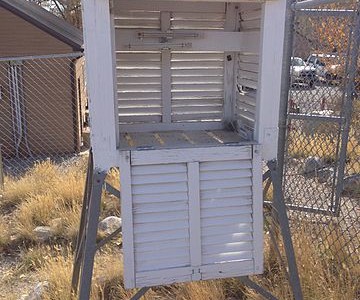
The latest issue of NOAA’s “Beyond the Data” blog has an interesting story about the history of the cooperative observer network, the backbone of long-term climate observations across the US. Did you ever wonder how the US has a climate record going back at least 125 years? How do we know what happened before that?…
-
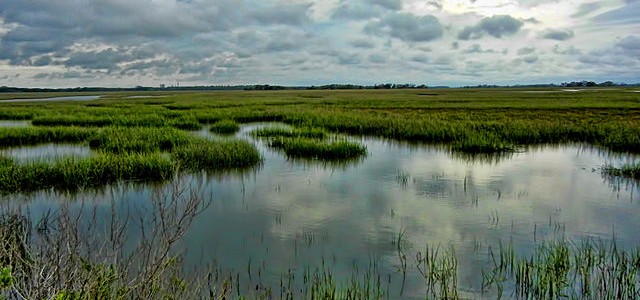
The University of Georgia has published a toolkit for coastal communities to assess their public service outreach abilities in times of flooding. This 71-page step by step guide will allow towns and cities along the coast determine their vulnerabilities to coastal flooding from hurricanes and rising sea level and determine what methods of outreach are…
-
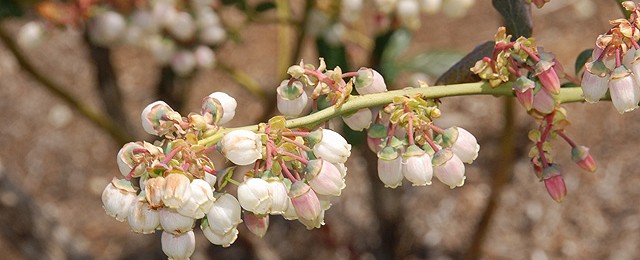
Early reports on blueberries in North Carolina indicate that farmers there are expecting good yields of berries in spite of cold weather and frost in the first quarter of 2018, according to a report published this week by Southeast Farm Press here. North Carolina is the 6th largest producer of blueberries in the US. The…
-
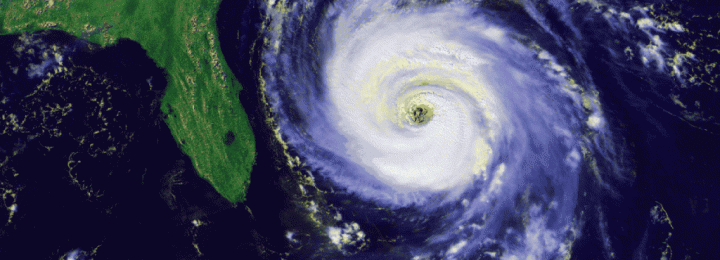
Now that the Atlantic hurricane season of 2018 is almost underway, you might be interested in how hurricane names are chosen and to see the list for this year. EarthSky provides the information here. Atlantic hurricane names are: Alberto, Beryl, Chris, Debby, Ernesto, Florence, Gordon, Helene, Isaac, Joyce, Kirk, Leslie, Michael, Nadine, Oscar, Patty, Rafael,…
-
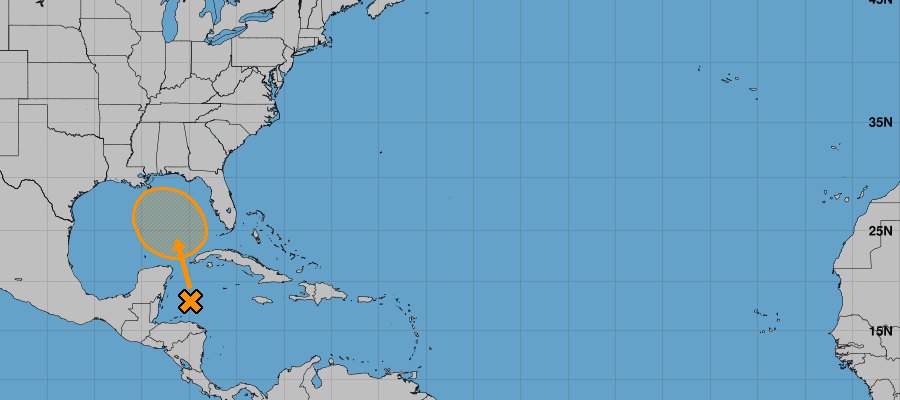
The Atlantic hurricane season may be off to an early start. The National Hurricane Center indicates that there is a 40% chance of tropical development in the eastern Gulf of Mexico in the next five days. If it happens, the first named storm of the year, Alberto, could bring more rain to the southeast. More…
-

The EcoWatch newsletter posted a story this week about the impacts of the exceptional drought in the Southwestern US on water supplies in the Colorado River basin. Lake Mead, the largest reservoir on the river, has not been at full pool since 1983, but in recent years has been much lower. When reservoir levels get…
-
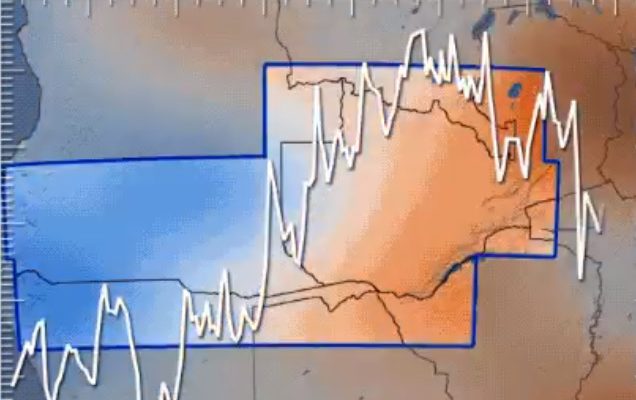
NASA Earth has an interesting article showing the movement of fresh water around the world as tracked from their satellite GRACE. Over that 15-year time period, they observed that “Earth’s wet areas are getting wetter and dry areas are getting drier due to a variety of factors, including human water management, climate change and natural…